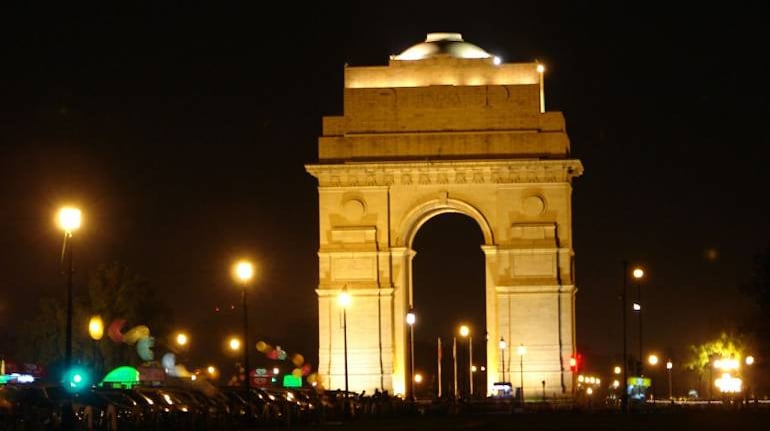



Authorities in Delhi issued more than 10,000 challans and slapped fines of almost Rs 2 crore in the first two days of 2022 for violations of safety norms amid a spike in daily COVID-19 infections in the national capital.
District authorities have stepped up containment and enforcement measures to tackle a surge in cases driven by the new Omicron variant, The Economic Times has reported.
The Delhi Police registered 294 cases and issued 870 challans from 11 pm on December 31, 2021 to 5 am on January 1, 2022 for violating COVID norms.
The New Year started with more than 5,000 challans being issued on an average day, the report said.
Follow our LIVE blog for the latest updates of the Omicron variant of coronavirus
As many as 156 enforcement teams were formed across the 11 revenue districts and 129 vehicles deployed for the purpose, a Delhi government official told the publication.
Besides issuing challans to individuals, the authorities also cracked down on shops and markets where enforcement teams found violating COVID norms, the report said.
According to the report, Delhi saw the highest number, more than 2 lakh challans worth Rs 36.2 crore, in July 2021, when the lockdown was eased after a devastating second coronavirus wave.
Also read | Delhi imposes weekend curfew as COVID cases surge: What's allowed, what's not
The challans were issued for not wearing a face mask or not wearing it properly, overlooking social distancing norm, spitting and consuming liquor and gutkha among others.
As infections ebbed, so did challans in the following months. About 1.1 lakh challans were issued in November, as per the data stated in the report.
In the second half of December, infections began inching up. The Delhi Disaster Management Authority (DDMA) directed the district authorities to crack down on the violation of COVID norms. More than 1.2 lakh challans worth Rs 24 lakh were issued during the month.
The Delhi government has announced a weekend curfew and work from home for its offices as the number of COVID-19 cases rises in the national capital. The decision was taken on January 4 when the city recorded 5,481 fresh COVID-19 cases, the highest number since May 16, with a positivity rate of 8.37 percent and three fatalities. The city recorded 382 omicron cases on the day.
(With inputs from PTI)
Discover the latest Business News, Sensex, and Nifty updates. Obtain Personal Finance insights, tax queries, and expert opinions on Moneycontrol or download the Moneycontrol App to stay updated!
Find the best of Al News in one place, specially curated for you every weekend.
Stay on top of the latest tech trends and biggest startup news.